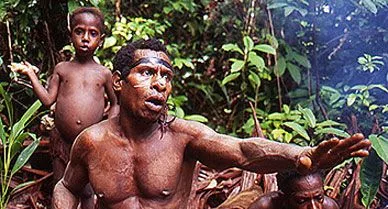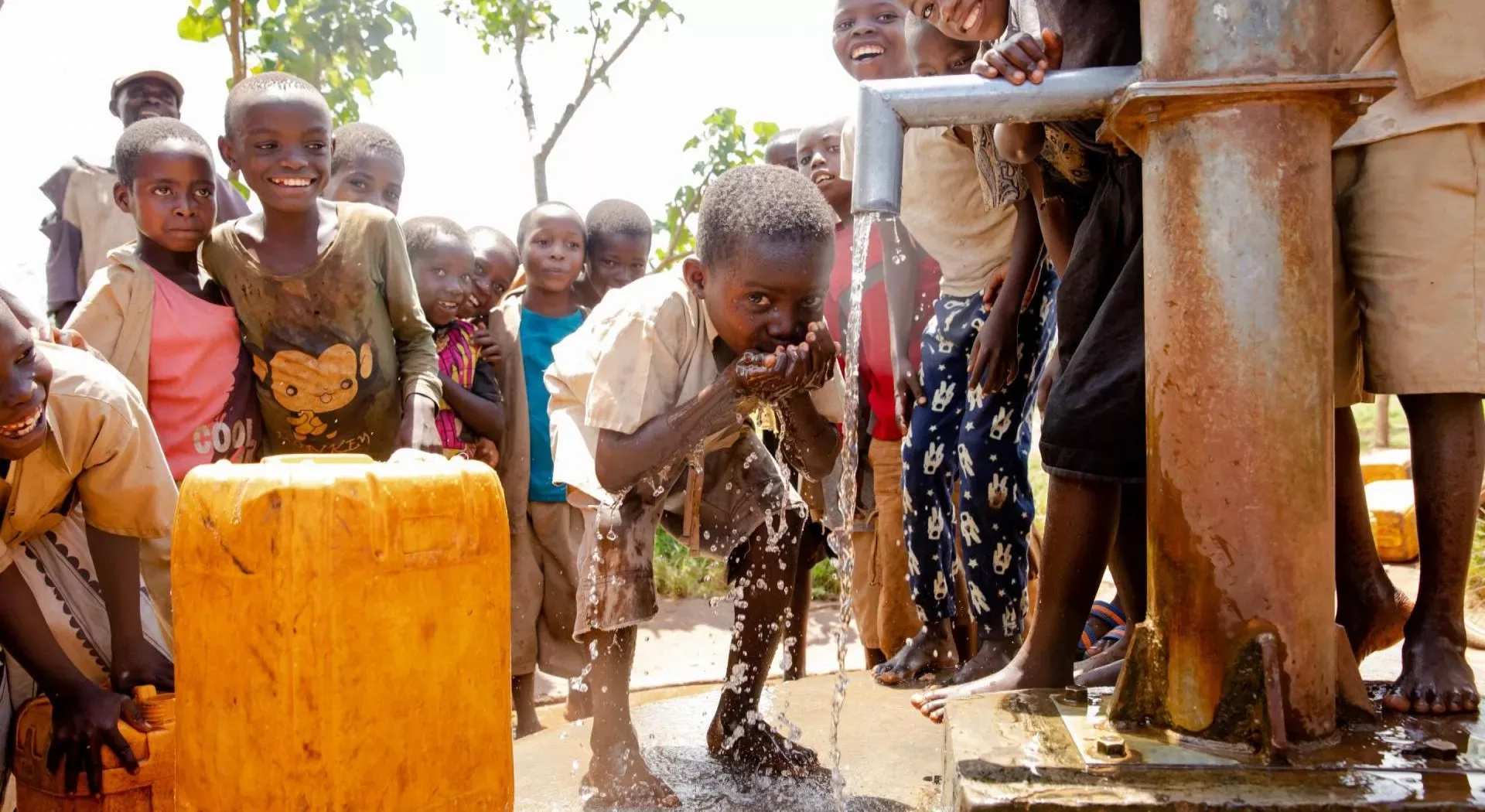The Korowai tribe of Papua Island has long intrigued and mystified outsiders. Deep within the rainforests of Papua, Indonesia, the Korowai people have lived in isolation for centuries, maintaining unique customs and beliefs. Among these customs is a practice that has shocked the outside world—historical accounts of cannibalism. For the Korowai, this practice once played a role in their spiritual beliefs, helping them identify and punish those they believed were “khakhua” or witch doctors bringing harm to the tribe.
The Korowai people live in high treehouses, some towering over 100 feet above ground, to protect themselves from natural dangers and tribal conflicts. In their view, the dense forests around them are alive with protective and malevolent spirits. To the Korowai, individuals who became possessed by evil spirits transformed into “khakhua” and posed a threat to the whole community. The punishment for these perceived sorcerers was often death and, historically, ritualistic cannibalism.
In recent decades, exposure to the outside world has influenced some Korowai members, and practices like cannibalism have significantly decreased. Scholars and journalists visiting Papua Island have helped shed light on their culture. At the same time, missionaries and government programs have introduced alternative explanations for illness and death, which the Korowai previously attributed to khakhua.
Though much has changed, the Korowai people maintain a rich and unique culture, with beliefs deeply rooted in nature and tradition. Visitors who meet the Korowai today find a community shaped by centuries-old customs yet adapting to new influences. Their story is a reminder of how isolated societies can develop distinct ways of understanding the world around them.



